


An article in Scientific Reports shows that the virus spread at a speed of 1 km per day in the latest sylvatic outbreaks in the state, between 2016 and 2019, reaching cities never affected before. The authors warn that the situation could recur.
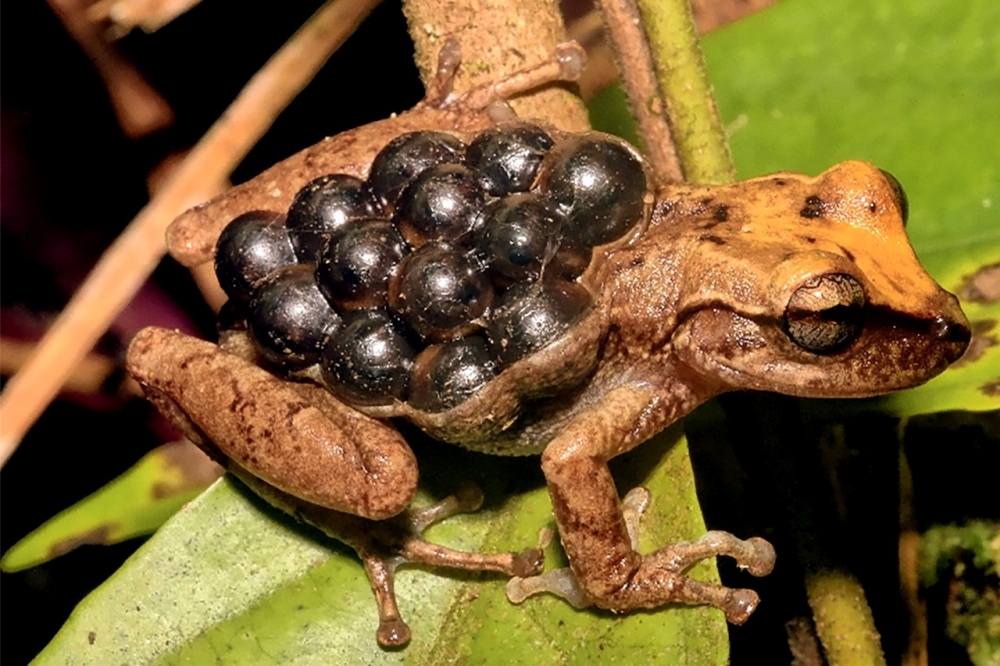
Carrying eggs on their back, laying them in bromeliads or depositing them on leaves are some of the strategies cataloged by Brazilian researchers in a study that will help scientists understand the evolution of vertebrates and contribute to conservation policy.
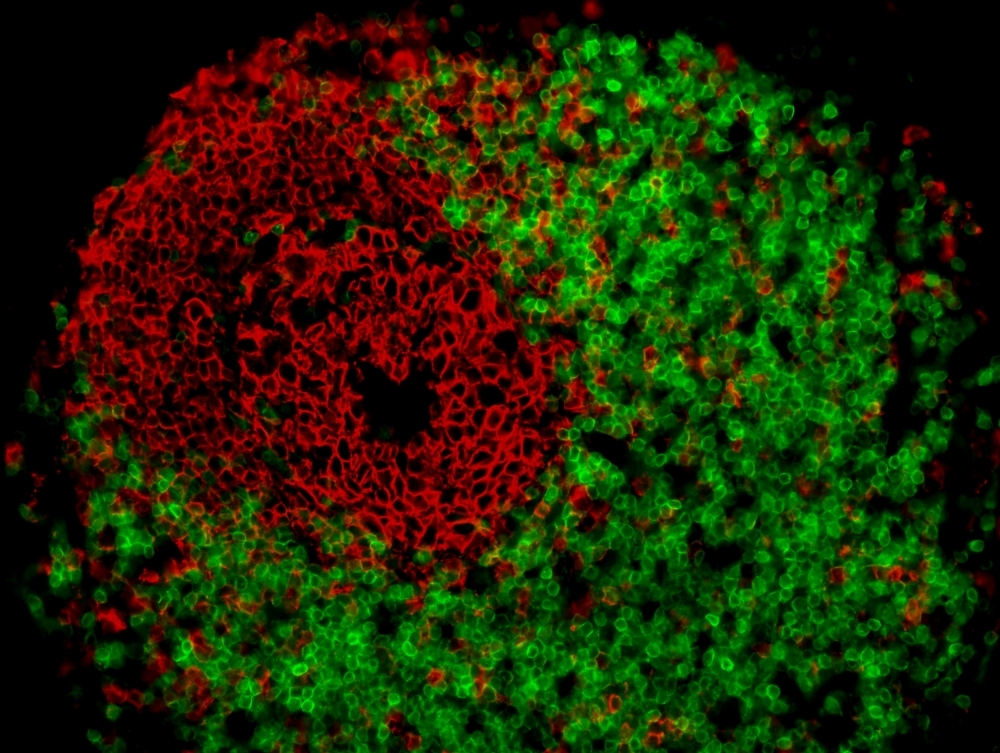
Analysis of tissue samples showed the presence of cells that can trigger the inflammatory process typical of Crohn’s. The study paves the way for the detection of biomarkers that can help predict evolution to the severe form of the disease, and for more precise diagnosis.
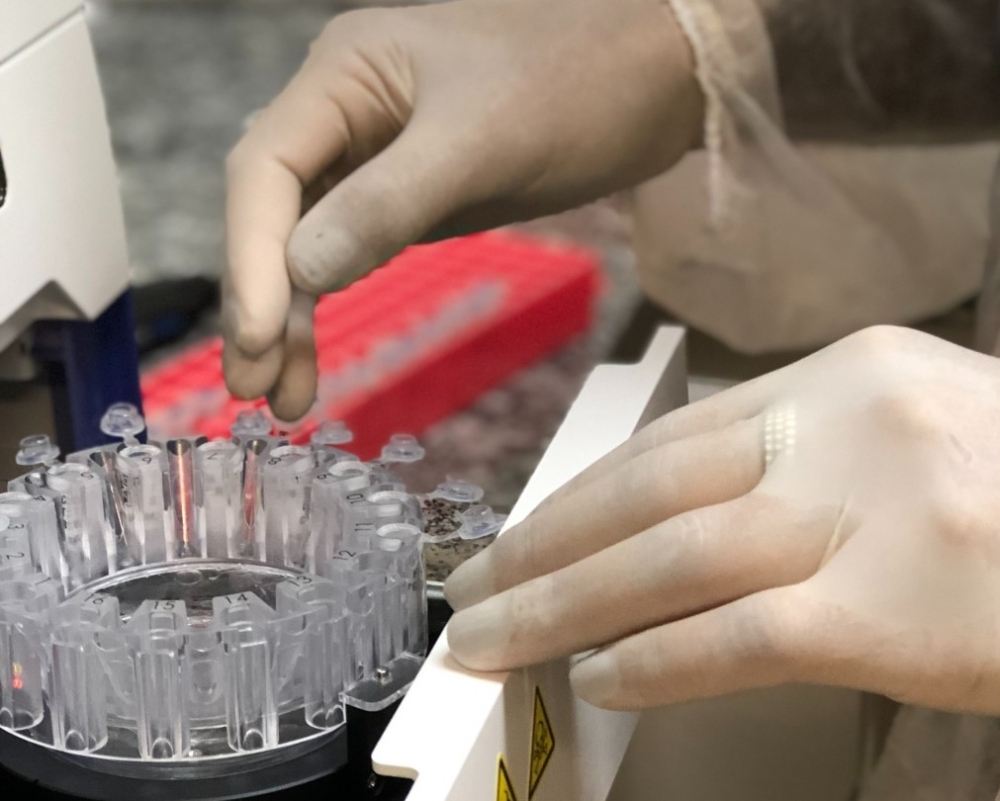
A study conducted at the University of São Paulo shows that levels of TTV, an apparently inoffensive virus considered an indicator of immunodepression, tend to be higher in people infected by SARS-CoV-2. TTV load declines as the symptoms of COVID-19 disappear, the researchers write in PLOS ONE.

Participants in the fifth FAPESP 60 Years Conference discussed the use of evidence and data to improve education.

Benjamin List, who worked with a Brazilian researcher supported by FAPESP, won the prize for developing a cheap and eco-friendly class of catalysts.

A study published in Frontiers in Marine Science is the first to predict the impact of long-term changes in sea surface temperature on local microbial diversity. The methodology is also innovative.
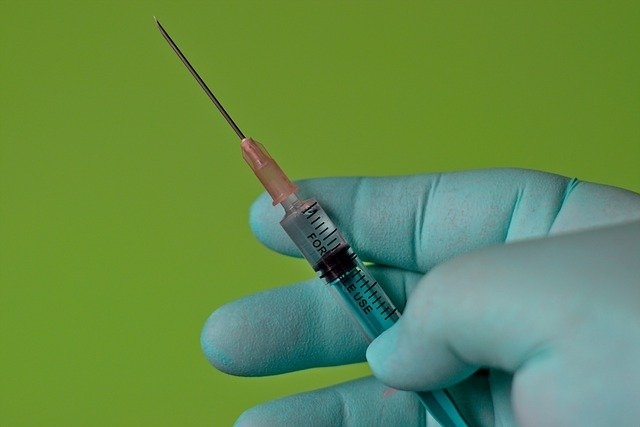
This is one of the main findings of a clinical trial involving 465 patients at 28 hospitals in six countries, including Brazil. The likelihood of dying was 78% lower for the group given a therapeutic dose of the anti-coagulant.

Researchers at the University of São Paulo have unraveled the strategy used by Chromobacterium violaceum, a pathogen found in water and soil in tropical and subtropical regions, to increase its capacity to replicate and infect host organisms. The discovery offers a route for the development of novel therapies.

Particles released into the atmosphere by fire modify the water droplet freezing process and can affect precipitation, according to a paper in Communications Earth & Environment.

Torrential rain resulted in losses estimated at BRL 1.3 billion and made over 90,000 people homeless in the state, where the probability of far higher volumes of rain than expected has increased 70% owing to industrialization and global warming.

The portable device developed at the Federal University of São Carlos is as accurate as RT-PCR, the gold standard for diagnosing COVID-19, and can analyze up to 20 samples at the same time.

A study conducted in the port city of Santos (Brazil) by researchers at the Federal University of São Paulo shows collaboration between civil society and academia achieving progress toward the goals of the UN Ocean Decade.
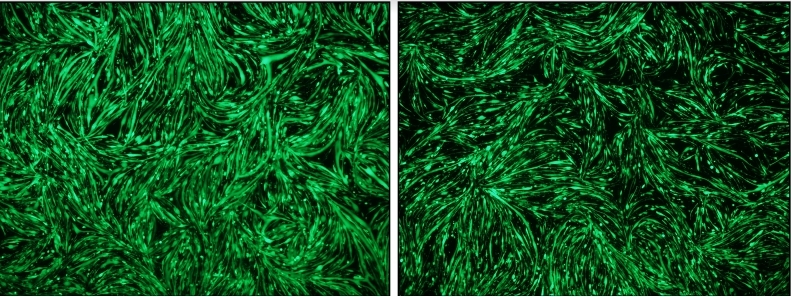
A study in rats by researchers at institutions in Brazil, the US and Norway investigated the effects of physical exercise on cancer cachexia. The analysis suggested that exercise training can be an ancillary treatment for cancer patients.
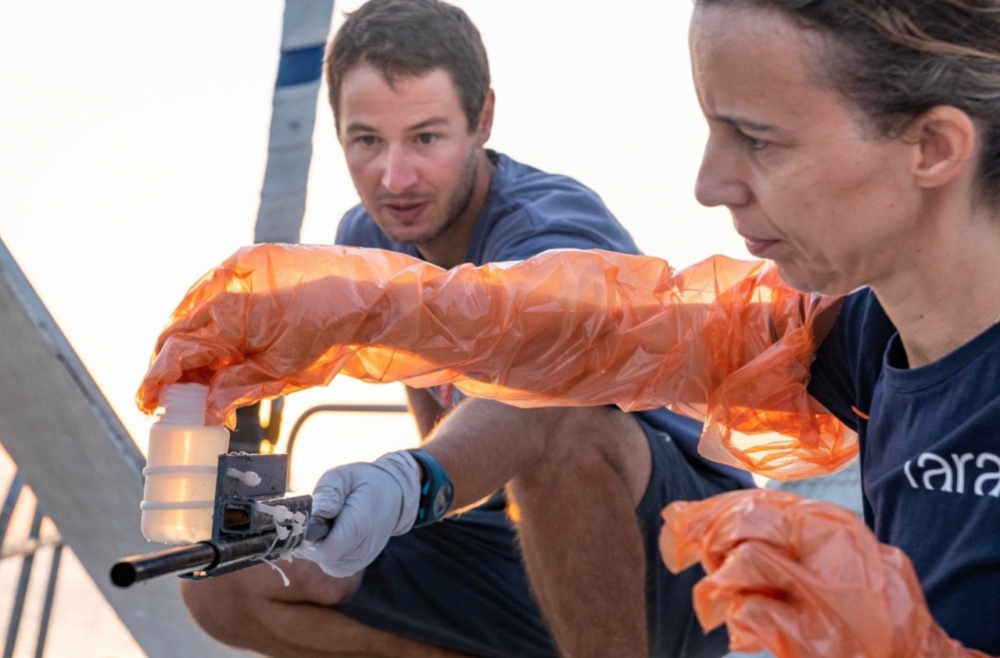
Plankton are the foundation of life in the oceans and produce half the world’s oxygen. These marine microorganisms will suffer from rising temperatures at the poles, rising salinity in the tropics, and a reduction in the flow of nutrients in the temperate zone, according to simulations based on data collected from all oceans around the globe.
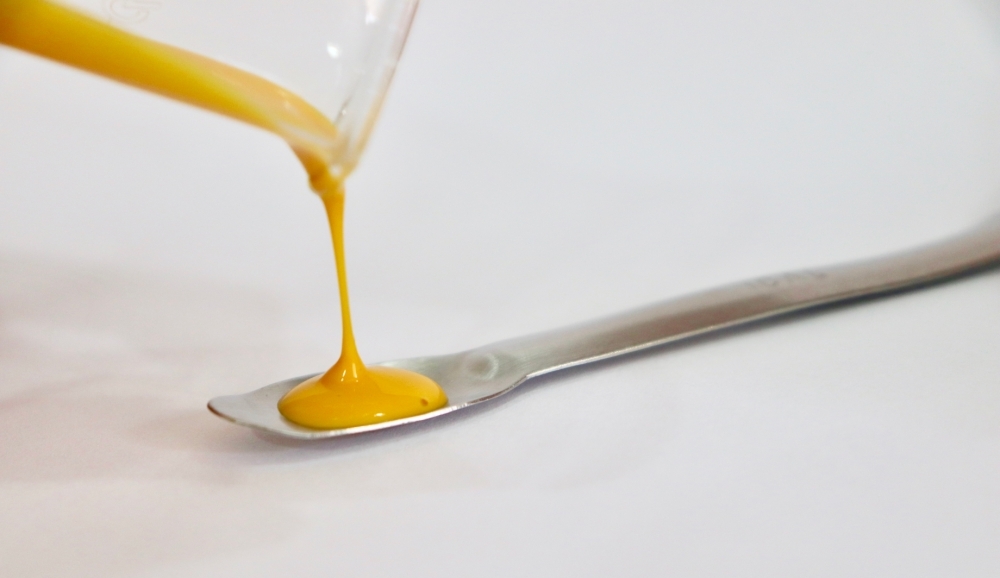
Researchers recombined extracts from this fruit industry waste to produce a mini-emulsion that can be used as the basis for an anti-aging skin complex.

For scientists gathered at this FAPESP-hosted webinar, projects like the Belo Monte dam and the Transamazon highway have had few local benefits and led to a rise in poverty, violence, deforestation and disease.

The conclusion was published by Brazilian researchers in PLOS Neglected Tropical Diseases. They followed 1,539 children in a part of Amazonia that accounts for 18% of infections by Plasmodium vivax in Brazil.
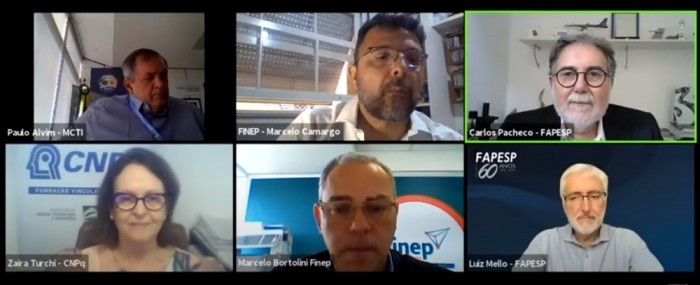
Proposals must be submitted by October 25. Around 1,000 innovative ideas are expected in Phase 1 of the program.
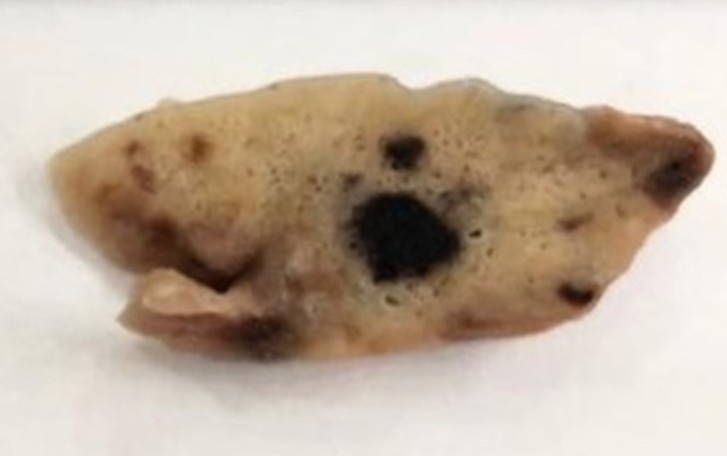
Lung tissue samples from 47 people who died as a result of severe acute respiratory distress syndrome caused by the novel coronavirus were analyzed by Brazilian researchers. The findings can be used to improve treatment of the disease.
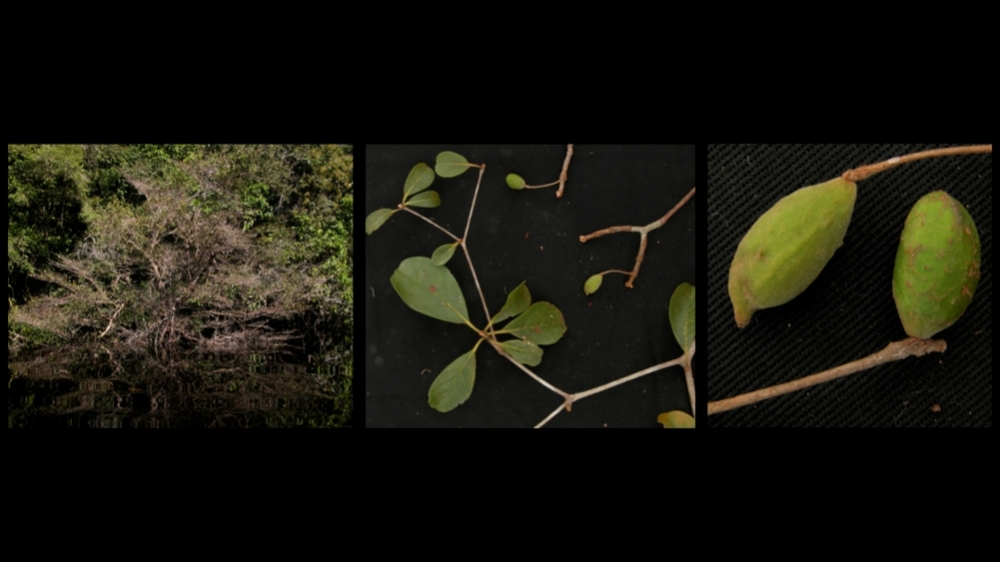
A study by the University of São Paulo shows that where the Negro River is very wide certain plants found on one bank are not found on the other. Overall, however, the extraordinary variety of species is due more to ecology than geography.

Liver recipients who contracted SARS-CoV-2 recovered faster and with less inflammation than heart or kidney recipients, according to researchers at the University of São Paulo. The reason may have to do with differing amounts and types of immunosuppressants, the drugs used to prevent organ rejection.

Experts who took part in the fourth FAPESP 60 Years Conference discussed the challenges of diagnosing and combating emerging pathogens and the need to integrate multidisciplinary teams and governments if outbreaks of infectious disease are to be prevented.

Electric eels of the species Electrophorus varii feed on other fish, especially those habitually hunted by larger predators such as caimans and giant river otters. Hunting tactics enable them to maintain the same diet in the wet and dry seasons alike.

Molecules that attack cells and tissues in the patient’s own organism were detected in blood serum from volunteers infected by SARS-CoV-2, who progressed to moderate or severe COVID-19 after the samples were collected. The discovery could lead to novel therapeutic approaches.